“The heart is the core of life; protect it with care and vigilance.”
Globally, heart disease is the leading cause of death among women, with over 8.5 million deaths annually attributed to cardiovascular conditions. In India alone, nearly 17% of all female deaths are due to heart disease, according to the Indian Heart Association.
Dr. Vishal Khullar’, a seasoned Heart Surgeon in Mumbai, says:
“Unlike common perceptions, heart problems in women are not limited to older ages. The prevalence of heart disease in young women is rising due to changing lifestyles, stress, and other risk factors. Recognizing the unique patterns and signs of heart issues in women is vital for early intervention and better outcomes.”
Let’s explore the most common cardiac issues women face.
Common Heart Problems in Women
According to the World Heart Federation, nearly one-third of all female deaths are caused by cardiovascular diseases. Women experience a range of heart conditions, some of which are distinct from those commonly seen in men. These include:

Coronary Artery Disease (CAD): Narrowing of the arteries due to plaque buildup is one of the most common female heart problems. Women often experience atypical symptoms, such as fatigue or shortness of breath, instead of classic chest pain.
Heart Failure: A chronic condition where the heart cannot pump blood effectively. Women are more likely to develop a form called diastolic heart failure.
Atrial Fibrillation (AFib): An irregular heartbeat that increases the risk of stroke, especially in older women.
Broken Heart Syndrome (Takotsubo Cardiomyopathy): Triggered by extreme stress, this temporary condition disproportionately affects women and mimics a heart attack.
Worried about your heart health? If you notice unusual symptoms or have a family history of cardiac issues, seek medical advice promptly. Consult a heart specialist today.
What triggers these heart problems? Understanding the causes is crucial for prevention.
Causes & Risk Factors of Heart Problems in Women
The American Heart Association notes that 90% of women have one or more risk factors for heart disease. Heart disease risk factors for women include both lifestyle-related and biological causes:
Hormonal Changes: Estrogen provides some protection against heart disease, but this advantage diminishes after menopause.
Lifestyle Factors: Smoking, lack of exercise, and unhealthy diets significantly increase risks.
Medical Conditions: Diabetes, hypertension, and obesity are prominent contributors to cardiac issues in women.
Psychological Stress: Women are more prone to stress and anxiety, which can harm heart health.
Dr. Vishal Khullar, a renowned heart specialist in Mumbai, explains:
“While some risk factors like age and genetics are beyond control, lifestyle modifications can drastically lower a woman’s chances of developing heart disease. Empowering women with knowledge about their heart health is critical.”
Recognizing the symptoms can save lives. But did you know these signs often differ for women?
Symptoms and Signs of Heart Problems in Women

The warning signs for female heart problems can be subtle or atypical, making them easy to overlook. Key symptoms include:
Chest Discomfort: Unlike men, women may feel pressure or tightness instead of sharp pain.
Shortness of Breath: Even minimal exertion can cause breathlessness.
Fatigue: Persistent tiredness without clear reasons could indicate an underlying cardiac issue.
Nausea and Dizziness: These are common symptoms, especially during a heart attack.
Pain in Other Areas: Jaw, back, or upper abdomen pain is more prevalent in women experiencing heart issues.
Experiencing unexplained fatigue or discomfort? These could be early signs of heart disease. Don’t delay—schedule an appointment with a heart specialist.
Once symptoms are identified, the next step is diagnosis.
Diagnosis

Diagnosing cardiac issues in women requires a comprehensive and personalized approach. Diagnostic methods include:
Electrocardiogram (ECG): Identifies irregular heart rhythms.
Stress Tests: Evaluates how the heart performs under physical exertion.
Echocardiogram: Uses sound waves to create images of the heart.
Coronary Angiography: A more detailed test to check for blocked arteries.
Dr. Vishal Khullar, Mumbai’s trusted heart transplant surgeon, advises:
“Women often present with atypical symptoms, so it’s important to communicate all concerns to your doctor. Studies show that 64% of women who die suddenly from heart disease had no previous symptoms, highlighting the importance of early detection. Early and accurate diagnosis can make a life-saving difference.”
Next, let’s uncover treatment and management options.
Treatment & Management
Treatment for female heart problems depends on the condition’s severity. Common approaches include:
Medications: Blood pressure-lowering drugs, cholesterol-lowering statins, and aspirin to prevent clots.
Lifestyle Modifications: A balanced diet, regular exercise, and stress management are essential.
Medical Procedures: Angioplasty, stent placement, or bypass surgery may be needed for severe cases.
Women should actively participate in their treatment plans. Discuss options with your doctor and prioritize long-term heart health.
Do you have a treatment plan for your heart condition? Consult a specialist to understand your options and make informed decisions about your health.
Prevention is always better than cure. But what steps can women take to protect their hearts?
How to Prevent Heart Problems in Women?

Preventing heart disease in women involves a combination of lifestyle changes and regular health checks:
Adopt a Heart-Healthy Diet: Focus on fruits, vegetables, whole grains, and lean proteins.
Exercise Regularly: Aim for at least 150 minutes of moderate exercise weekly.
Quit Smoking: Tobacco use is a significant risk factor for heart disease.
Manage Stress: Practices like yoga and meditation can improve heart health.
Routine Screenings: Regularly monitor blood pressure, cholesterol, and glucose levels.
How do these conditions differ in men and women? Let’s compare.
Heart Problems in Women vs. Men
Heart disease manifests differently in men and women, making gender-specific awareness crucial:
Symptoms: Women often report atypical symptoms like fatigue and nausea, while men typically experience chest pain.
Age: Women tend to develop heart disease about 10 years later than men due to hormonal protection during their reproductive years.
Response to Stress: Women are more prone to stress-induced heart conditions like Broken Heart Syndrome.
Curious about how heart disease impacts women differently? Take charge of your health by seeking expert advice today.
Conclusion
Heart problems in women are a significant health concern, but awareness and timely action can save lives. Understanding the unique risk factors and symptoms women face is vital for prevention and early treatment.
Dr. Vishal Khullar, a proficient heart surgeon, reminds us:
“Heart disease in women is often misunderstood or overlooked. By educating ourselves and taking preventive steps, we can reduce its impact. Remember, the key to a healthy heart lies in regular monitoring and proactive care. With proper knowledge and support, women can lead healthier, heart-safe lives.”
Still have questions? Here are some answers to common concerns.
FAQs
Can heart problems occur in young women?
Yes, heart disease in young women is rising due to factors like stress, obesity, and sedentary lifestyles. Regular screenings are essential, even for younger women.
How is heart disease different after menopause?
After menopause, reduced estrogen levels increase the risk of heart disease. Monitoring blood pressure, cholesterol, and glucose levels becomes even more critical.
Can pregnancy cause heart problems?
Yes, conditions like gestational hypertension and preeclampsia can increase the risk of future heart disease. Post-pregnancy follow-ups are crucial for long-term heart health.
Are women with diabetes at higher risk of heart disease?
Absolutely. Diabetes affects women differently, increasing their risk of heart problems more significantly compared to men. Proper management is key.
Is chest pain always the main symptom of a heart attack in women?
No, women often experience atypical symptoms like shortness of breath, fatigue, or back pain. Any unusual discomfort should be reported to a doctor immediately.
Reference Links:
https://www.mayoclinic.org/diseases-conditions/heart-disease/in-depth/heart-disease/art-20046167
Disclaimer: The information shared in this content is for educational purposes only and not for promotional use.


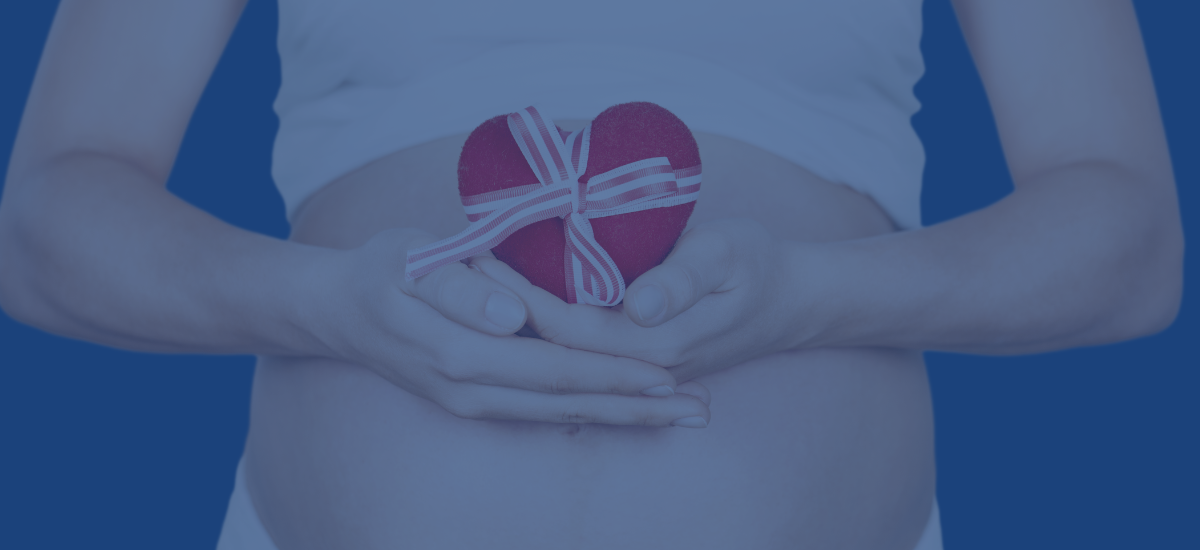
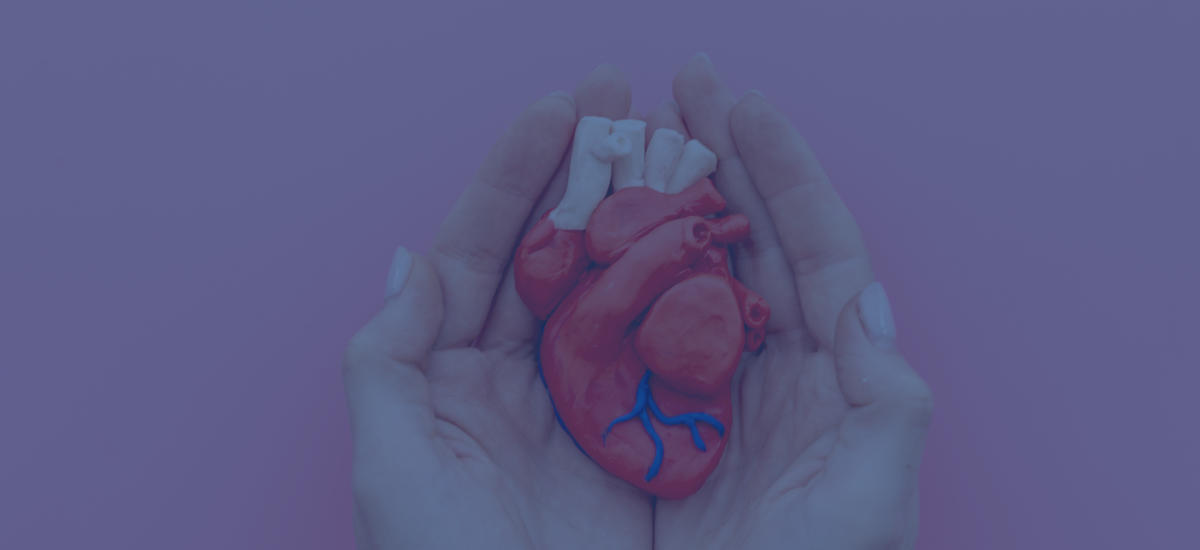
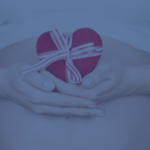
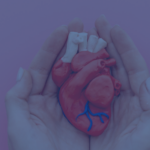
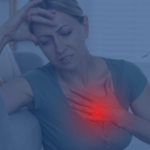
[…] Pain: While chest pain is common in both men and women, men often describe it as a tight or heavy pressure in the chest, whereas women may experience more […]